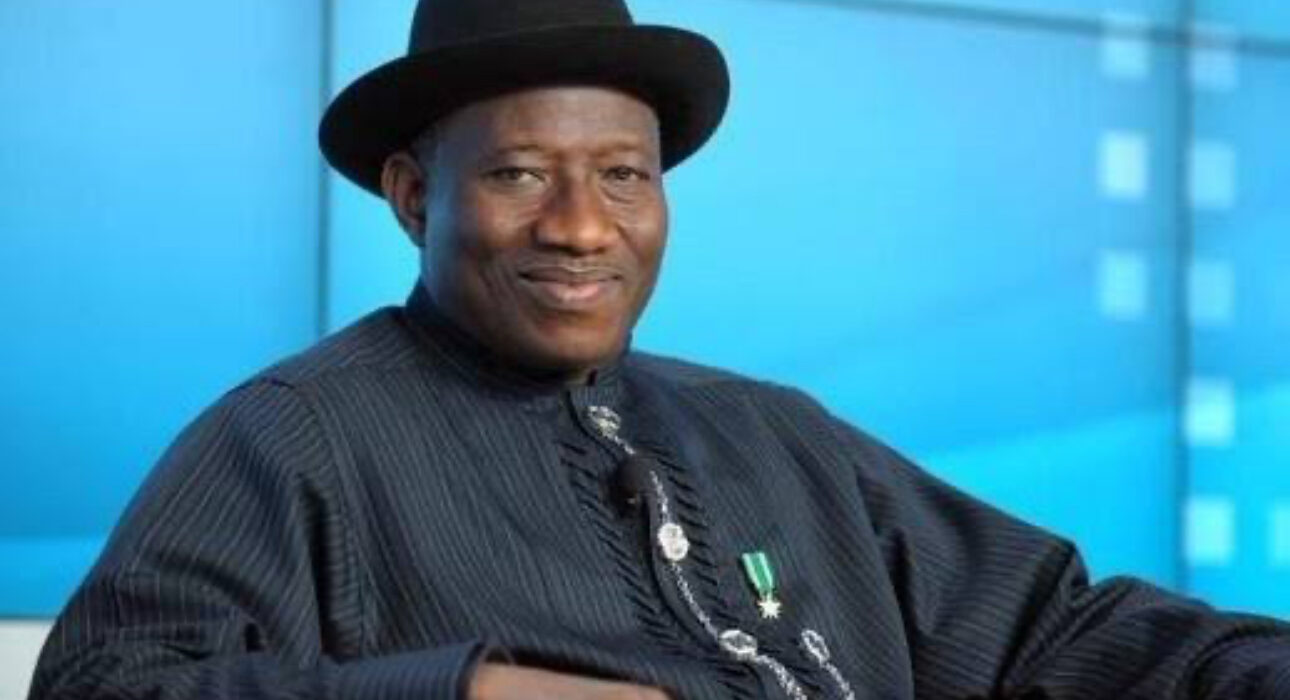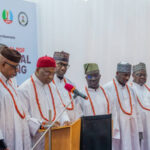Jonathan Alleges Yar’Adua’s Aide Withheld Power Transfer Letter in 2010 Crisis

Former Nigerian President Goodluck Jonathan has revealed that his late predecessor, President Umaru Musa Yar’Adua, had signed a letter authorizing the formal transfer of power to him during his prolonged medical absence in 2010, but the letter was deliberately withheld from the National Assembly by one of Yar’Adua’s aides.
Jonathan made the revelation during a recent interview promoting his memoir, My Transition Hours, offering fresh insight into one of Nigeria’s most turbulent democratic moments.
According to Jonathan, President Yar’Adua, who had been flown abroad for treatment, had completed and signed the necessary documentation to officially designate him as Acting President.
However, instead of being delivered to the National Assembly for constitutional ratification, the letter was allegedly suppressed by a trusted aide of the ailing president, leaving the country in a constitutional limbo for weeks.
Jonathan explained that despite being Vice President, the lack of official communication meant he had limited authority, especially over critical national matters, including military command.
“The issue was not that the letter wasn’t written. It was signed. The challenge was that it was kept away from the National Assembly,” he said.
The political vacuum at the time triggered widespread uncertainty and raising tensions, with the nation divided along regional and religious lines—North versus South, Muslims versus Christians. Fears of a potential military coup were rife.
Jonathan recalled that even some close allies had advised him to vacate the Presidential Villa for his safety, fearing that northern loyalists might attempt to dislodge him from power. He chose to remain in office, underscoring what he called a determination to uphold Nigeria’s democratic stability.
With the signed letter never reaching lawmakers, the National Assembly invoked the “Doctrine of Necessity” on February 9, 2010. This extraordinary constitutional measure allowed Jonathan to be formally recognized as Acting President, enabling him to discharge full presidential functions until Yar’Adua’s death in May 2010.
Jonathan’s disclosure adds a new dimension to the political drama of that period and raises fresh questions about the behind-the-scenes roles played by close aides and political actors.
The incident remains a critical reference point in Nigeria’s democratic evolution, highlighting the fragility of constitutional processes in times of leadership uncertainty.









